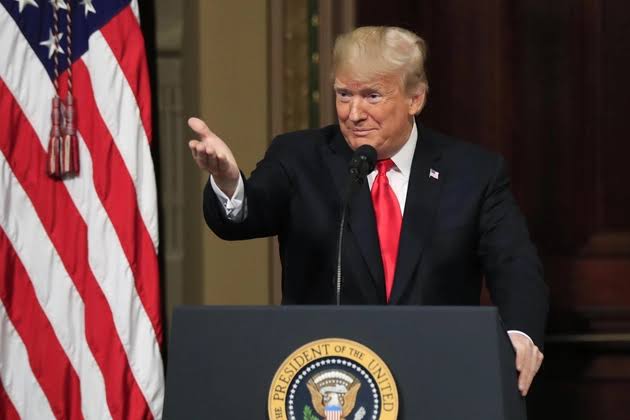Washington D.C, July 21: In a closely watched vote, the US House of Representatives on Friday passed the Department of Defence Appropriations Act, 2026, which includes a $500 million allocation to bolster Taiwan’s military capabilities. The bill, totalling $831.5 billion in discretionary defence spending, was approved by a 221-209 vote, according to Focus Taiwan.
The Taiwan-related funding is earmarked under the Taiwan Security Cooperation Initiative and will remain available until September 30, 2027. The initiative enables the US Secretary of Defence, in agreement with the Secretary of State, to support Taiwan in acquiring defence articles, services, and military training. The funds will be administered by the US Defence Security Cooperation Agency.
Republican Representative Marjorie Taylor Greene had proposed an amendment to strike the $500 million Taiwan assistance from the bill, calling it a $100 million increase over the previous year. Greene argued that such aid deepens Taiwan’s dependence on the US and risks escalating tensions with China. She warned of “instigating World War Three with China” and said America should focus on domestic issues before aiding foreign nations like Taiwan or Ukraine.
Her amendment was overwhelmingly defeated in a 421-6 vote, reflecting bipartisan resistance to reducing support for Taiwan.
Speaking against Greene’s proposal, Republican Representative Ken Calvert cited a recent Trump administration policy statement that called for increasing aid to Taiwan to $1 billion. He emphasized that the funding aims to help deter a possible Chinese invasion and is in line with US strategic interests.
Democratic Representative Betty McCollum also backed the Taiwan funding, warning that if Taiwan were to fall, other nations like the Philippines could also face threats from China. She stressed the importance of boosting Taiwan’s military readiness and deterrence capabilities.
The bill now moves to the US Senate, where it must be passed in identical form before reaching President Trump’s desk for final approval.
US House Passes $831 Billion Defence Bill with $500 Million Allocation for Taiwan Security

